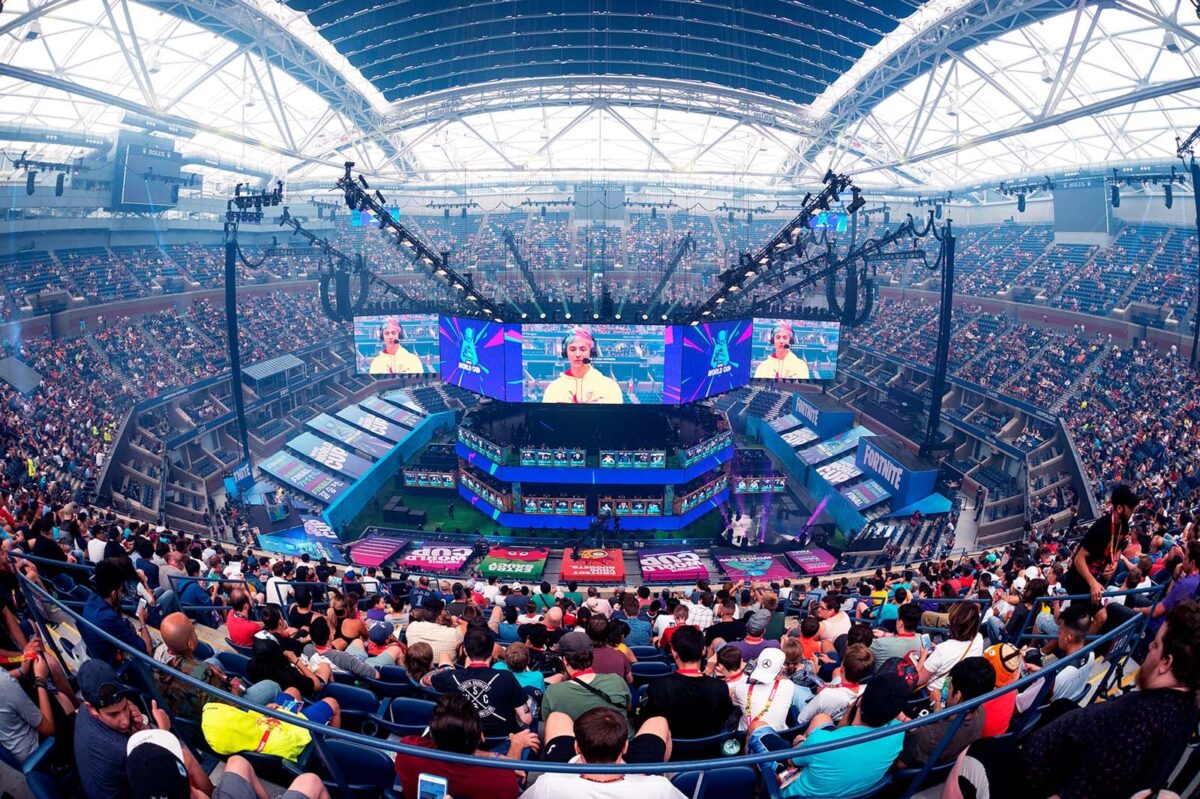



The Intersection of NFT Games and Esports: Blockchain’s Impact on the Gaming Industry
is being transformed in several ways, including those listed below by blockchain technology, NFT games, and esports:
· A new level of in-game asset ownership and monetization has been made possible by blockchain technology in NFT games.
· By allowing players to purchase, sell, and trade NFTs, game makers are given a new source of income and give players a stake in the game’s economy.
· Pro players are competing in esports competitions with biggest prize pools and millions of viewers, which are gaining popularity.
· Esports are made more transparent, safe, and fair thanks to blockchain technology, ensuring that prizes are correct and players are adequately compensated.
· In esports, NFTs can produce one-of-a-kind, collectible products for fans to buy, including in-game skins or digital goods.
· A new gaming ecosystem with the ability for players to make real money and pursue careers in the industry may be developed due to the marriage of NFT games with esports.
· More cutting-edge applications for NFTs and esports in the game industry are likely to emerge as blockchain technology develops.

Both investors and participants gain from NFT games. Publishers have access to benefits like the following thanks to NFT games over conventional games:
· Has The Potential To Draw In Venture Funding.
While this sector is still in its infancy, Top investors already see its potential; as a result, game developers and owners are eager to join the bandwagon of blockchain-based gaming solutions to draw in venture capitalists.
· Revenue Derived From The Play Store or The App Store.
When many players download an NFT game from the Play Store or the App Store, developers can make up a portion of the download cost. Revenue for publishers increases as downloads increase. Other sources of income for game producers include special occasions, holiday sales, and in-app purchases.
· Revenues Received From The Transaction Fee.
Developers may charge a transaction fee for NFT sales or trades players make. For the profit to be proportionate, this transaction may occasionally involve a considerable sum.
NFTs have a variety of advantages, but there are also some drawbacks and issues that need to be resolved. The accessibility and affordability of NFTs for some players and developers may be constrained by these factors, which include hefty expenses and fees. The ownership of intellectual property rights and the correct taxation of NFT transactions are two more complicated legal and regulatory issues that NFTs may bring up. The quality, longevity, and compatibility of NFTs can be ensured, but there are also technical and ethical issues to consider, such as how to balance the environmental impact of NFTs. The confidence and reputation of NFTs and gaming platforms may be impacted by any one of these problems.

A new genre of games that promises to change competitive gaming is being created by the advent of Non-Fungible Tokens (NFTs) in esports. In-game stuff or even whole characters can be owned by players thanks to NFTs and exchanged or sold on blockchain-based markets. NFT-based esports games that allow players to fight for real-world incentives, such as cash prizes and rare digital treasures, have become increasingly popular. The incorporation of NFTs appears promising for the future of competitive gaming. These video games have the potential to draw in a larger audience and engage players in fresh ways, resulting in more income for game producers and tournament organizers. NFT games will play the best role in developing the esports sector as technology advances, and they provide gamers with a more engaging and gratifying gaming experience.
By developing a new economic model that compensates players for their skills and time, the emergence of NFT games in esports has the potential to completely change the industry. NFT games have the potential to open up new revenue streams for both players and developers by employing blockchain technology to give in-game assets real-world value. As a result, traditional gamers and cryptocurrency fans may become more interested in these games, improving player engagement and loyalty and broadening the audience.
Additionally, the incorporation of NFTs into esports has the potential to draw and deposit sizable investments from institutional and venture capital investors who understand the industry’s growth potential. It is essential to recognize the role that NFTs play in promoting innovation and economic progress as the esports industry develops. It will be interesting to see how this technology evolves in 2023.
NFTs’ incorporation in esports signals an exciting phase for the sector. NFT games are altering how we see competitive gaming by giving players a more engaging and satisfying experience while delivering real-world value for digital assets. NFT games can drastically change the esports business by attracting a larger audience and creating new revenue streams. The gaming business will continue to expand as more games are created and technology advances, presenting exciting new prospects for players, developers, investors, and enthusiasts alike. With the popularity of NFT games in esports, the future of competitive gaming is auspicious.